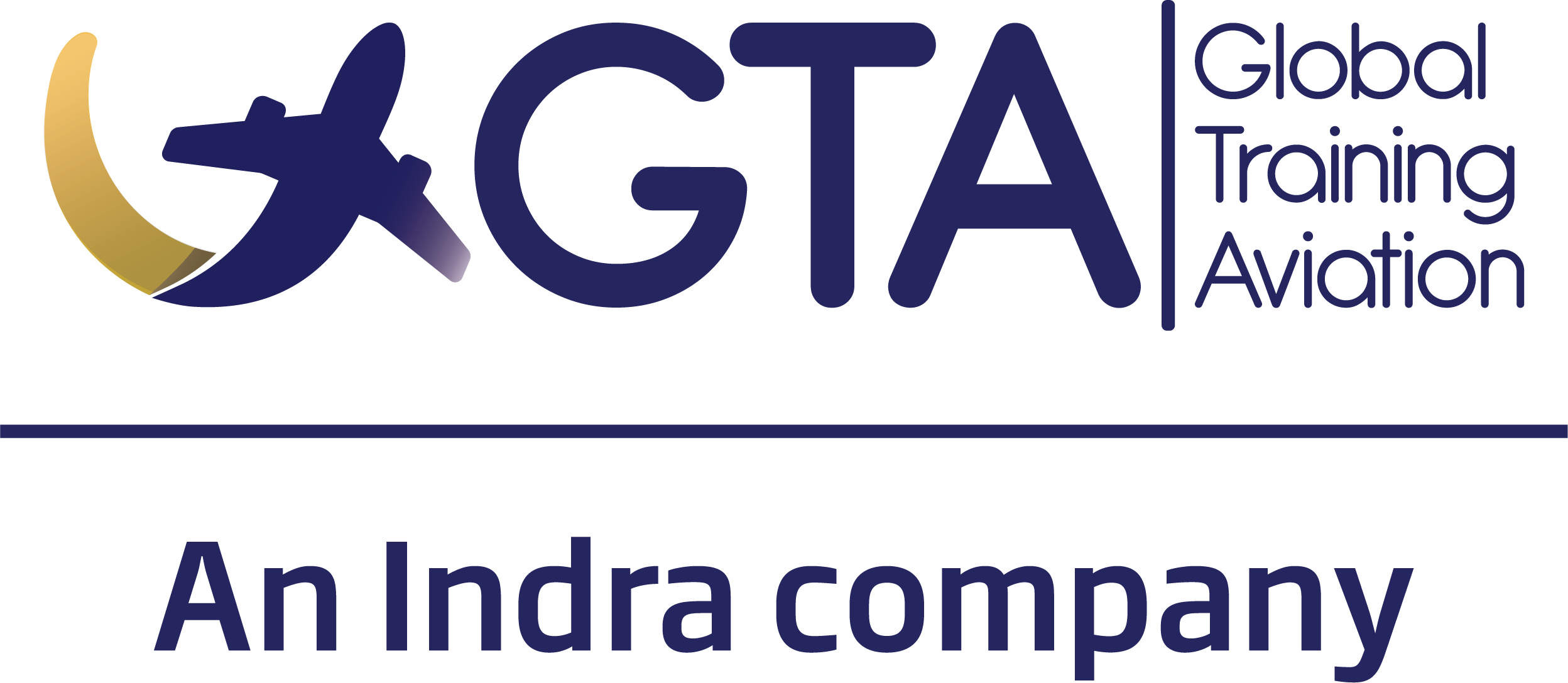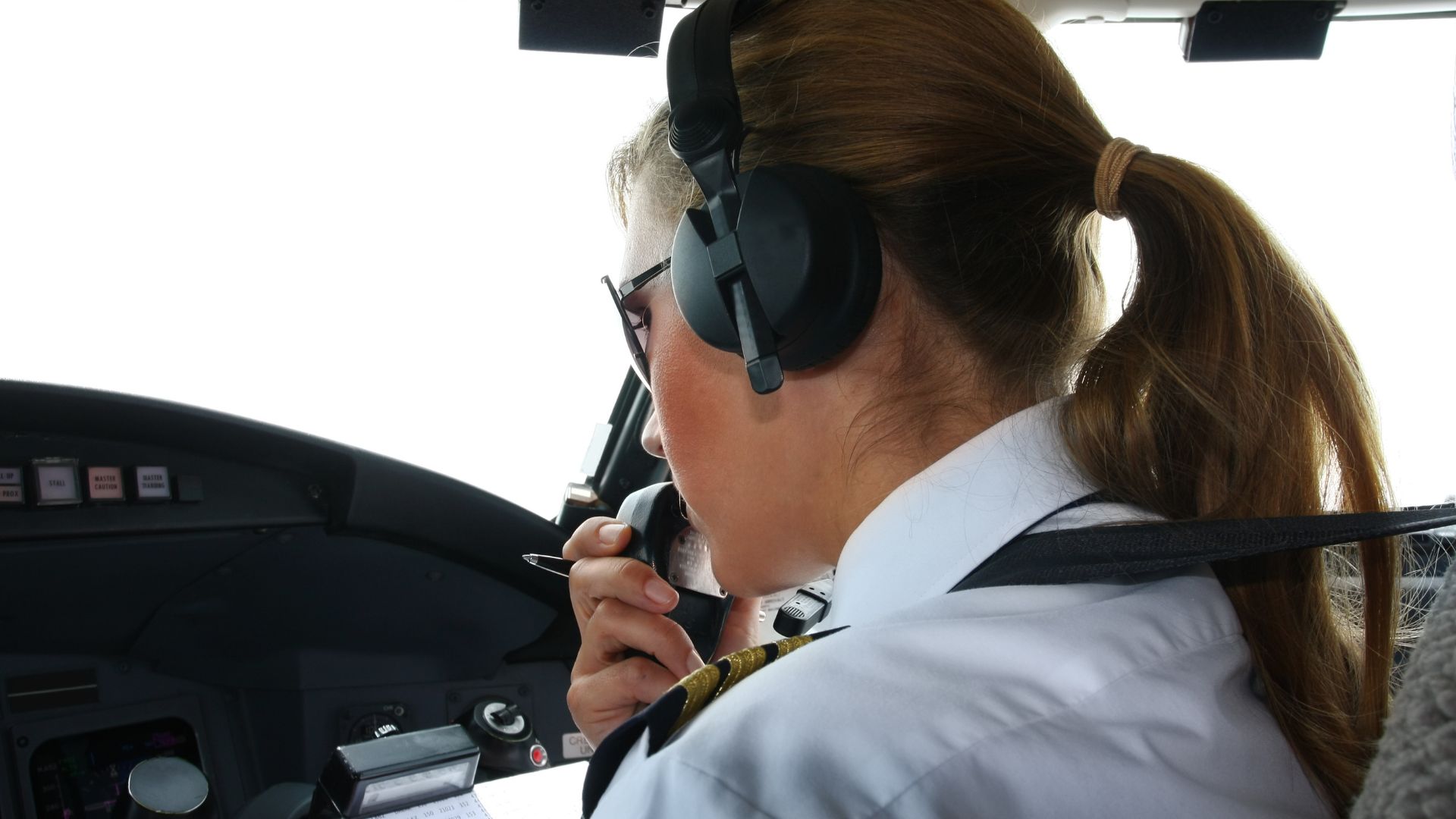For anyone aspiring to become a professional pilot, understanding the importance of a type rating is crucial. This certification is not just an additional qualification; it’s a key step in your aviation career. A type rating is required to fly specific aircraft, such as the Airbus A320, Boeing B737, or ATR 500 and ATR 600. Moreover, it plays a vital role in shaping your skills, knowledge, and employability as a pilot. In this article, we’ll explain what a type rating is, why it’s important, and how it directly impacts your career path.
What is a Type Rating?
A type rating is a specialized certification that allows pilots to operate particular aircraft types. Pilots must obtain this rating to fly larger, more complex aircraft, as they require additional training beyond the standard commercial pilot license (CPL). Specifically, the type rating focuses on the unique systems, operations, and emergency protocols of a given aircraft. This ensures pilots can safely manage the complexities involved in flying these machines.
Why is a Type Rating Essential for Your Pilot Career?
Specialized Knowledge for Complex Aircraft
Obtaining a type rating gives pilots the necessary in-depth knowledge to operate advanced aircraft. Unlike smaller planes, large commercial jets have intricate systems that require thorough understanding. For example, whether you’re training for the Airbus A320 or the Boeing B737, a type rating prepares you to fly these aircraft safely and efficiently. Furthermore, it helps you adapt to their unique handling and systems.
Enhanced Career Opportunities
One significant advantage of obtaining a type rating is the enhanced career opportunities it brings. Airlines and aviation companies require pilots to have specific type ratings to operate their fleets. Therefore, whether you plan to fly the Airbus A320, Boeing B737, or ATR 500/600, a type rating unlocks many commercial aviation job prospects. As a certified pilot with a type rating, you will be eligible for positions with major airlines. Consequently, this can significantly improve your career prospects and earning potential.
Safety and Proficiency
The type rating course ensures that pilots are proficient in handling the specific aircraft they are trained to fly. This certification is crucial for upholding high aviation safety standards. During type rating training, pilots learn procedures and techniques necessary to deal with critical situations, including system failures or in-flight emergencies. A well-trained pilot is key to ensuring the safety of passengers and crew. Therefore, type ratings are fundamental to commercial aviation.
Greater Earning Potential
Pilots with multiple type ratings, such as for the A320, B737, ATR 500, or ATR 600, are highly sought after. Airlines prefer pilots who can fly several types of aircraft, as this offers more flexibility in managing flight schedules. In fact, holding multiple type ratings can significantly increase your earning potential. Moreover, it opens up more opportunities for career growth, both in the short and long term.
How to Obtain a Type Rating
Becoming certified to operate a specific aircraft requires completing a type rating course. This process typically includes the following steps:
- Ground School: You’ll first learn about the aircraft’s systems, performance, and operational procedures.
- Simulator Training: Next, you will practice flight maneuvers and emergency procedures in a Full Flight Simulator (FFS), offering a realistic and safe training environment.
- Flight Training: Afterward, you will take part in actual flight training with an instructor to become familiar with the aircraft in real-world conditions.
- Exams and Certification: Finally, you’ll pass both written exams and practical flight tests to demonstrate proficiency in operating the aircraft.
At Global Training Aviation, we offer specialized type rating courses for aircraft such as the Airbus A320, Boeing B737, and ATR 500/600. Our state-of-the-art Full Flight Simulators provide a comprehensive training experience. This ensures that pilots gain the necessary expertise to excel in their careers.






